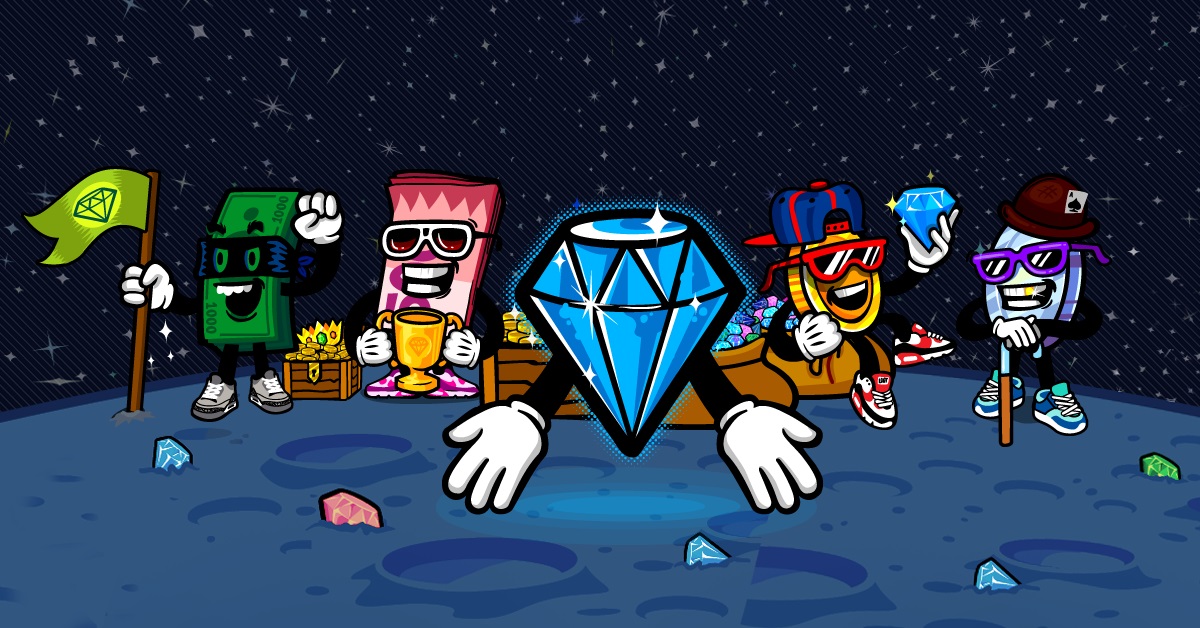Lootcakes has raised $2 million in venture funding to reward VIP gamers who share their data about their playing habits in a privacy-safe way. It’s like a new kind of frequent flyer rewards program.
The New York-based Lootcakes requires players to trust it with their private data, something many people are reluctant to do. But the company says it has enough players opting-in to its reward program (taking the form of gift cards to buy things in games) to create a lucrative target market for advertisers who have new games to show — without sacrificing user privacy by giving it to third parties.

Unlock premium content and VIP community perks with GB M A X!
Join now to enjoy our free and premium membership perks.
![]()

![]()